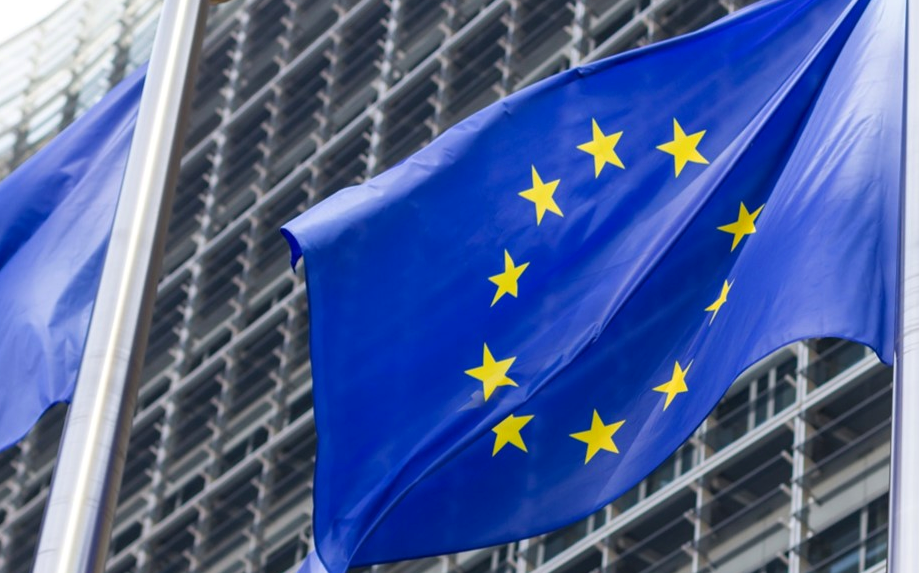The EU’s Renewable Energy Directive: Will the third time be a charm?
As part of its EU Green Deal legislative roadmap, the European Commission is working on a major revision of the Renewable Energy Directive – the third such overhaul since the RED was enacted in 2009.
The process offers a real opportunity for the Commission to fix what it didn’t quite get right the first and second times around in crafting EU renewable energy policy. Will the third time be a charm for the RED?
In a 22 March event with stakeholders, Commission officials presented the results of their public consultation on the revision, which drew responses from nearly 40,000 participants – though 98% of those were part of a coordinated campaign on forest biomass.
European public supports higher targets, renewable liquid fuels
An overview of the results reveals unsurprisingly strong support for raising targets for renewables in transport, with 86% of respondents in favour. Another important finding: 73% of participants said it was important or very important to “accelerate the production of renewable liquid fuels.”
ePURE’s Emmanuel Desplechin spoke at the event, offering a short statement on behalf of the European renewable ethanol industry.
“Biofuels (ethanol and biodiesel) represent 90% of the renewables used in transport, and crop-based biofuels alone account for 58%,” Desplechin said. We’re especially proud of it, because our ethanol is produced under the most stringent sustainability criteria: production of European biofuels, ethanol in particular, has proved to have no adverse effect on food prices or the environment and has not driven deforestation, as confirmed year after year in the Commission’s renewable energy progress reports.”
A better way forward
In his presentation, Desplechin focused on two key points:
- The European ethanol industry supports the Green Deal ambitions and wants to see the transport sector step up. The targets that were set in RED II are a bare minimum to achieve the decarbonisation objectives considering the weight of the sector in the Effort Sharing. The EU must ensure that these targets, and the sub-targets, are met, and not undermined by any future revision. Furthermore, they should be increased in two ways:
- in absolute terms, and the 24% of the climate target plan seems appropriate;
- they must not be undermined by the possibility to reduce or do away with the obligation by further reducing crop-based biofuels contribution, or by using artificial multipliers. Such multipliers simply perpetuate fossil fuel dependence and should be eliminated.
- The crop cap set by the ILUC Directive and amended under RED II should be revised upwards, to provide each Member State with flexibility to meet higher climate and renewable ambitions. Since RED II was adopted the delegated act on high-ILUC risk biofuels and its accompanying report have shown that European crops do not drive deforestation and only high-ILUC risk biofuels must be limited and then phased out as quickly as possible.
Securing our existing investments in crop-based ethanol would allow for the meaningful deployment of advanced biofuels made from Annex IX-A feedstock. These advanced biofuels must be established as an additional instrument to further reduce fossil fuel use and GHG emissions and must be supported through a dedicated ramping up sub-target leading to a minimum of 3.5%, without multipliers but associated penalties for non-compliance.
“It is time to do better: the EU cannot afford to dismiss what has been the nearly sole contributor to renewable energy incorporation in transport and the third-largest renewable energy job creator in the EU,” Desplechin said. “There is a better way forward. We hope that the Commission will use this opportunity to take it.”
